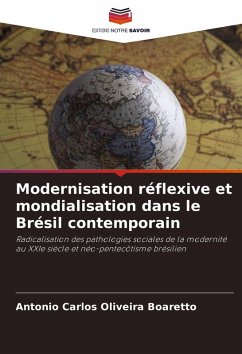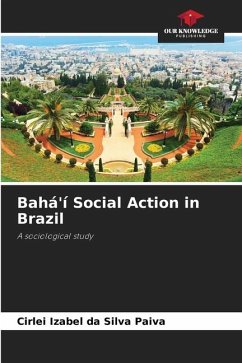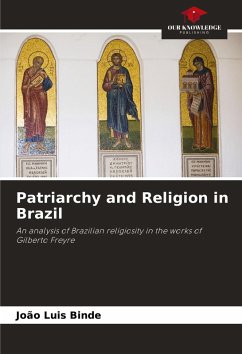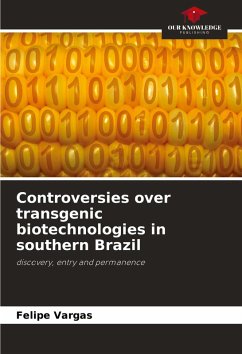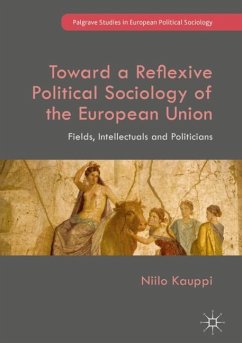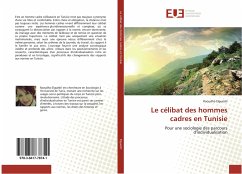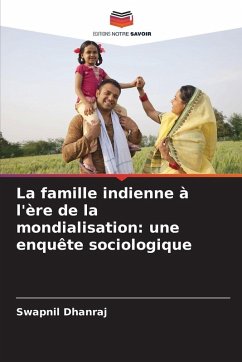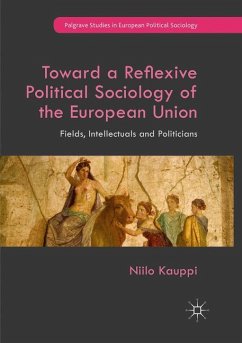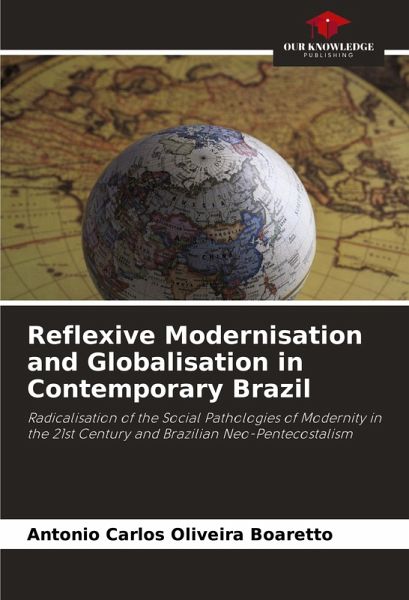
Reflexive Modernisation and Globalisation in Contemporary Brazil
Radicalisation of the Social Pathologies of Modernity in the 21st Century and Brazilian Neo-Pentecostalism
Versandkostenfrei!
Versandfertig in 6-10 Tagen
38,99 €
inkl. MwSt.

PAYBACK Punkte
19 °P sammeln!
Guided by the analytical and interpretative method of Karl Mannheim's Sociology of Knowledge, we will identify that, in the specific case of Brazil in the 21st century, neo-Pentecostal evangelical churches have greater competitive power and adaptive flexibility to the profound and radical socio-cultural transformations triggered by the radicalisation of modernisation processes in times of contemporary globalisation of capitalism, acting on human subjectivities (on the 'ego') by giving them exactly what they lack as competitive agents: the motivational force of faith to act socially as a potent...
Guided by the analytical and interpretative method of Karl Mannheim's Sociology of Knowledge, we will identify that, in the specific case of Brazil in the 21st century, neo-Pentecostal evangelical churches have greater competitive power and adaptive flexibility to the profound and radical socio-cultural transformations triggered by the radicalisation of modernisation processes in times of contemporary globalisation of capitalism, acting on human subjectivities (on the 'ego') by giving them exactly what they lack as competitive agents: the motivational force of faith to act socially as a potentially successful entrepreneurial 'businessman', as well as the strength of spirit to be virtuous and victorious in increasingly fierce competitive markets, due above all to the radical sense of the idea of conversion present in neo-Pentecostal evangelical communities.





